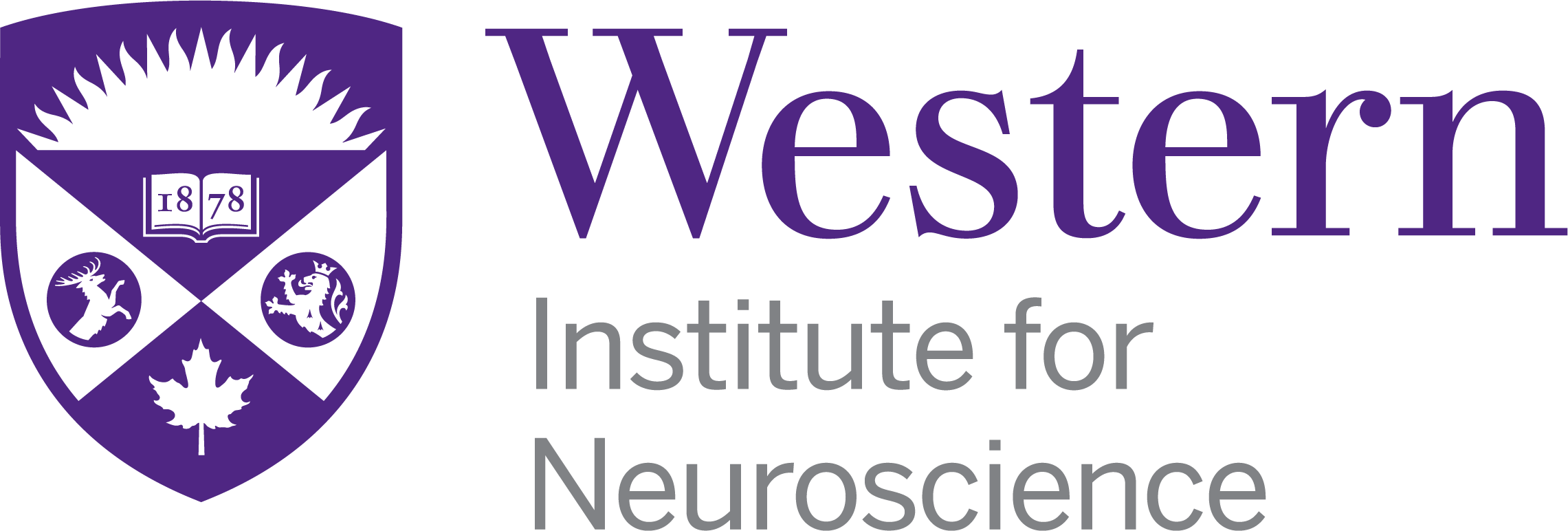Document Type
Article
Publication Date
8-1-2022
Journal
BMJ Open
Volume
12
Issue
8
URL with Digital Object Identifier
10.1136/bmjopen-2022-062577
Abstract
Introduction Knee osteoarthritis is a leading cause of disability, resulting in pain and reduced quality of life. Exercise is the cornerstone of conservative management but effects are, at best, moderate. Early evidence suggests that repetitive transcranial magnetic stimulation (rTMS) applied over the primary motor cortex (M1) may improve the effect of exercise in knee osteoarthritis. This pilot study aims to (1) determine the feasibility, safety and participant-rated response to an intervention adding M1 rTMS to exercise in knee osteoarthritis; (2) elucidate physiological mechanisms in response to the intervention; (3) provide data to conduct a sample size calculation for a fully powered trial. Methods and analysis This is a pilot randomised, assessor-blind, therapist-blind and participant-blind, sham-controlled trial. Thirty individuals with painful knee osteoarthritis will be recruited and randomly allocated to receive either: (1) active rTMS+exercise or (2) sham rTMS+exercise intervention. Participants will receive 15 min of either active or sham rTMS immediately prior to 30 min of supervised muscle strengthening exercise (2×/week, 6 weeks) and complete unsupervised home exercises. Outcome measures of feasibility, safety, pain, function and physiological mechanisms will be assessed before and/or after the intervention. Feasibility and safety will be analysed using descriptive analysis. Within-group and between-group comparisons of pain and function will be conducted to examine trends of efficacy. Ethics and dissemination This study has been approved by the University of New South Wales Human Research Ethics Committee (HC210954). All participants will provide written informed consent. The study results will be submitted for peer-reviewed publication. Trial registration number ACTRN12621001712897p.



